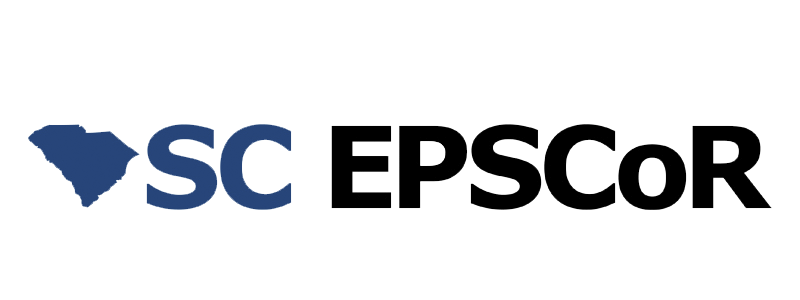- Home
- ADAPT in SC Thrust 2
ADAPT in SC Thrust 2
DL-Imaging Model Enabled Biomedical Devices for Personalized Prognostic and Treatment Applications
Overview: Novel DL techniques are needed to actualize high-performance biomedical devices for prognosis and/or treatment. Current devices for these purposes depend on multiple data sources to make the final treatment decision (e.g., Project 2.1), directly guide the treatment (e.g., Project 2.2), or implement the treatment (e.g., Project 2.3). Constructing a model that can effectively integrate multimodal data remains a challenge. Moreover, in many applications, there are limited human samples (e.g., patients) from whom the data can be collected, not to mention the limited number of samples that clinical experts can effectively annotate. Building high-performance DL models from a limited amount of data is critical for the successful development of AI-enabled biomedical devices. Furthermore, the data collected by different investigators, labs, and instruments have inherent bias. The ability to generalize DL models constructed from limited data sources to many application scenarios determines whether the AI-enabled medical devices can be effectively applied to a general group. Additionally, current clinical practice seeks to leverage big data repositories collected over many years while still tailoring treatment for individual patients. Therefore, developing DL models for medical devices is different from training DL models in general image or text classification, where a large amount of training data is available. We will focus on innovation in the DL models and training data processing.
We will conduct fundamental research on creating DL models for AI-enabled biomedical devices for prognosis and/or treatment from limited data. Currently, there is a lack of expertise in foundational DL research in CRUs in SC. The goal of this thrust is to advance the field of AI-enabled medical devices for prognosis and/or treatment. To further enhance the infrastructure for biomedical device manufacturing, we will purchase a 3D metal-polymer hybrid printer, adding to the bioprinting facilities established during our previous NSF EPSCoR project (2009 Research Infrastructure Improvement, Award # 0903795), which will allow us to develop irregularly shaped, implantable devices. The primary outcome of this thrust will be fundamental knowledge that governs generating high-performance, generalizable DL algorithms from limited data
- Implement AI-enabled technologies to improve performance of the three proposed biomedical devices for personalized medical treatment or treatment planning
- Develop new or improved ML methods for biomedical image processing and multimodal data fusion with imaging data
- Implement other modeling and computational techniques developed in ADAPT for the development of the proposed three biomedical devices
Thrust Co-leaders:
Susan Lessner (UofSC)
Melissa Smith (Clemson)
Contributing Faculty:
Joseph Carson (College of Charleston)
Ivan Dungan (Francis Marion)
Navid Hashemi (College of Charleston)
Ying Mei (Clemson)
Shrikant Pawar (Claflin)
Tong Ye (Clemson)

